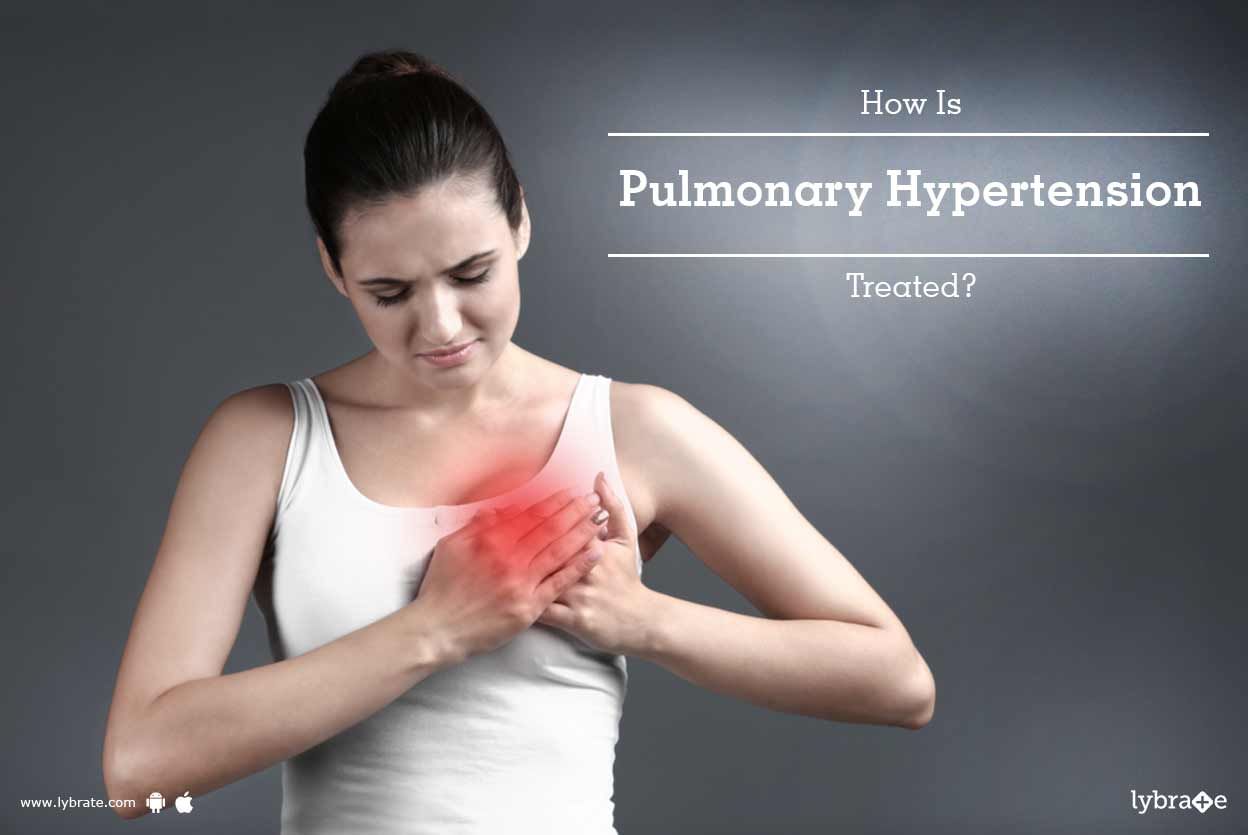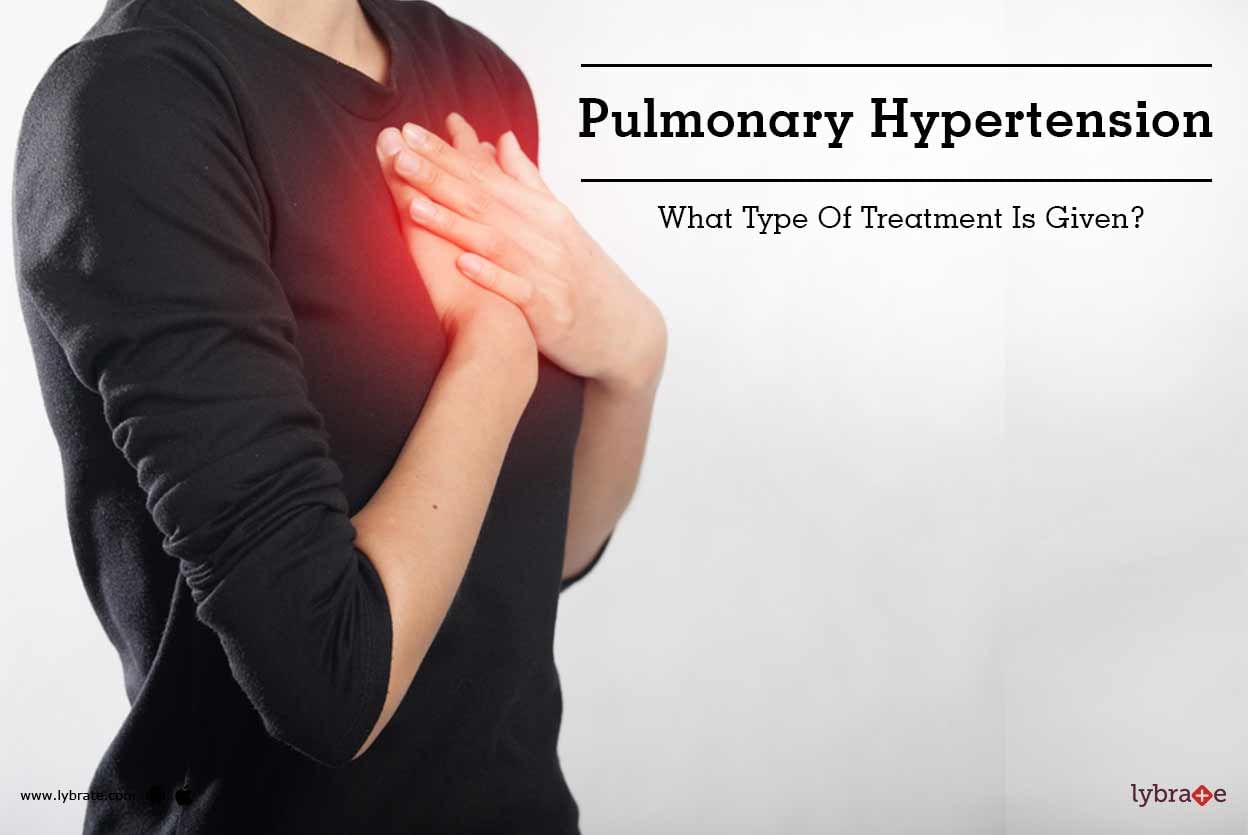Get the App
For Doctors
Login/Sign-up
Health Feed
Find Doctors
Health Packages
AllQ&AsTipsQuizzes
Pulmonary Artery Tips
Last Updated: 7 years ago• Featured Tip
Share
Bookmark
Report
Pulmonary edema is a disorder wherein fluid accumulates in the lungs leading to lack of oxygen in the body. The usual cause of pulmonary edema is congestive heart failure (the muscles of the heart are unable to pump blood). In this disorder, the heart has to work extra hard to pump blood, so this adds extra pressure on the blood vessels that are present in the lungs. In a bid to relieve this added pressure, fluid is released into the lungs by the blood vessels.
The function of your lung...more
The function of your lung...more
Last Updated: 7 years ago• Featured Tip
Share
Bookmark
Report
Pulmonary edema is a disorder wherein fluid accumulates in the lungs leading to lack of oxygen in the body. The usual cause of pulmonary edema is congestive heart failure (the muscles of the heart are unable to pump blood). In this disorder, the heart has to work extra hard to pump blood, so this adds extra pressure on the blood vessels that are present in the lungs. In a bid to relieve this added pressure, fluid is released into the lungs by the blood vessels.
The function of your lung...more
The function of your lung...more
Last Updated: 7 years ago• Featured Tip
Share
Bookmark
Report
Cystic fibrosis is a genetic condition, which primarily affects the lungs and persistence of this condition might lead to severe breathing problems and loss of lung function. If you have inherited two copies of the defective gene from your parents, you are likely to suffer from this disease. Cystic Fibrosis causes a buildup of thick mucus in your lungs and affects other organs such as the kidneys, pancreas and the intestines in your body.
It isn't very uncommon as one out of fifty peopl...more
It isn't very uncommon as one out of fifty peopl...more
Last Updated: 7 years ago• Featured Tip
Share
Bookmark
Report
Pulmonary hypertension is a medical condition that arises when the blood pressure remains consistently high in the vessels of the lungs. This condition can develop from a completely unrelated medical condition and is more prevalent among women.
Pulmonary Hypertension can be a hard disease to diagnose. While it has no permanent cure, the medication depends on how far the disease has advanced. From group 1 PAH to group 5 PAH, pulmonary hypertension has 5 stages of advancement.
...more
Pulmonary Hypertension can be a hard disease to diagnose. While it has no permanent cure, the medication depends on how far the disease has advanced. From group 1 PAH to group 5 PAH, pulmonary hypertension has 5 stages of advancement.
...more
Last Updated: 7 years ago• Featured Tip
Share
Bookmark
Report
When blood clot blocks one or more arteries in your lungs the condition is known as pulmonary embolism. It can cause a decrease in the oxygen levels in your blood, damage to your lungs due to sudden restrictions in the flow of blood along with adverse effects on other parts of your body. Life threatening blockage can cause death if left untreated and you should immediately contact your health care provider to get proper diagnosis. Pulmonary embolism requires various lab tests and generally requi...more
Last Updated: 7 years ago• Featured Tip
Share
Bookmark
Report
Carotid artery disease occurs when an oily, waxy substance called plaque builds up inside the carotid arteries. These are arteries that supply oxygenated blood to your brain, face, scalp, and neck.
Carotid artery disease is very serious as it can cause a brain stroke. It, in fact, starts with damage to the inner layer of the carotid artery. To stem this damage your body starts a healing process and this leads to a build up of plaque at the point where the artery is damaged.
When thi...more
Carotid artery disease is very serious as it can cause a brain stroke. It, in fact, starts with damage to the inner layer of the carotid artery. To stem this damage your body starts a healing process and this leads to a build up of plaque at the point where the artery is damaged.
When thi...more
Last Updated: 7 years ago• Featured Tip
Share
Bookmark
Report
When blood clot blocks one or more arteries in your lungs the condition is known as pulmonary embolism. It can cause a decrease in the oxygen levels in your blood, damage to your lungs due to sudden restrictions in the flow of blood along with adverse effects on other parts of your body. Life threatening blockage can cause death if left untreated and you should immediately contact your health care provider to get proper diagnosis. Pulmonary embolism requires various lab tests and generally requi...more
Last Updated: 7 years ago• Featured Tip
Share
Bookmark
Report
Pulmonary edema is a disorder wherein fluid accumulates in the lungs leading to lack of oxygen in the body. The usual cause of pulmonary edema is congestive heart failure (the muscles of the heart are unable to pump blood). In this disorder, the heart has to work extra hard to pump blood, so this adds extra pressure on the blood vessels that are present in the lungs. In a bid to relieve this added pressure, fluid is released into the lungs by the blood vessels.
The function of your lung...more
The function of your lung...more
Last Updated: 7 years ago• Featured Tip
Share
Bookmark
Report
Pulmonary hypertension mainly occurs due to narrowing of the arteries of the lungs as a result of which the flow of blood is restricted. In this kind of condition, blood fails to carry oxygen to your heart and thus your heart gets adversely affected. The blood pressure of your body will get increased to a great extent if this situation remains untreated, thus leading to bdreadful consequenses, specifically situation like heart failure, serious pulmonary diseases, blood clots in lungs and congeni...more
Last Updated: 7 years ago• Featured Tip
Share
Bookmark
Report
Clotting of blood during or after a pregnancy is fairly common these days. While the reasons for these are numerous, the driving reason behind this being that the mother is weak after such an ordeal and it is, therefore, likely to affect her health. In pregnant women, blood clots tend to form in the deep veins present in the legs or near the pelvic area. The condition is known as Deep Vein Thrombosis (DVT). One of the main concerns for people suffering from Deep Vein Thrombosis (DVT) is the occu...more
Book appointment with top doctors for Pulmonary Artery treatment
View fees, clinic timings and reviews
Ask a free question
Get FREE multiple opinions from Doctors
posted anonymously




















